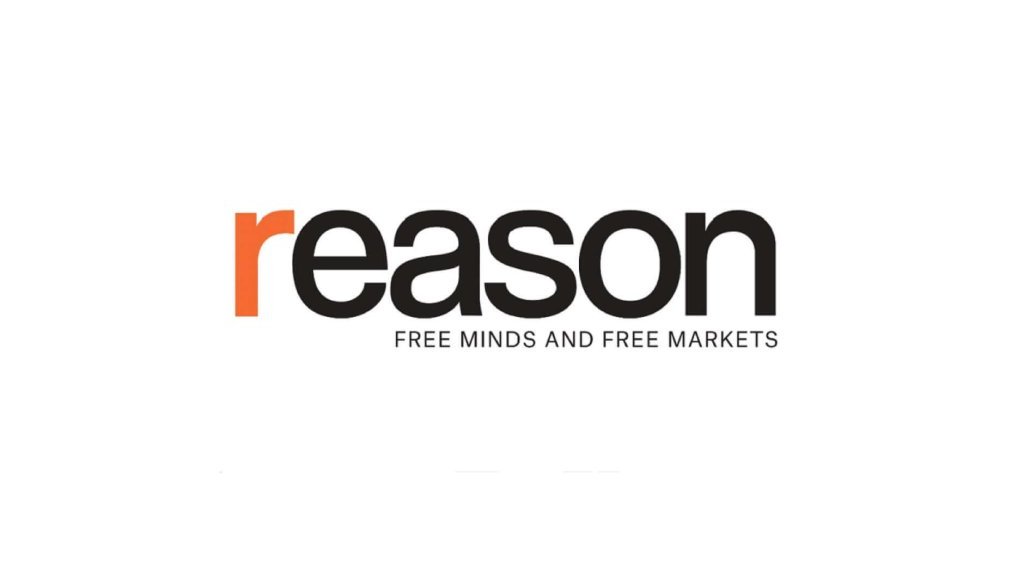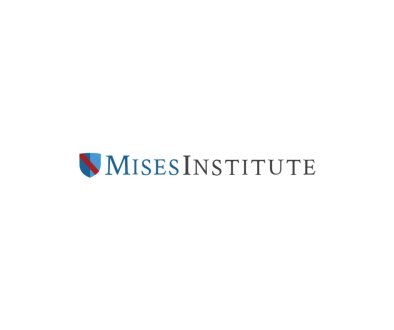Why the Major Questions Doctrine Applies to the President, Not Just Executive Agencies
The Supreme Court’s “major questions” doctrine (MQD) requires Congress to “speak clearly” when authorizing the executive to make “decisions of vast economic and political significance.” If the statute isn’t clear, courts must reject the executive’s assertion of power. But the Trump Administration, like the Biden Administration before it, argues that the doctrine does not apply to assertions of power by the President, only those by lower-level executive branch officials, such as leaders of administrative agencies.
This issue came up in several cases challenging executive actions by President Biden, and it has arisen again in the lawsuit challenging Trump’s massive IEEPA tariffs filed by the Liberty Justice Center and myself, on behalf five small businesses.
For reasons outlined in my Lawfare article about the tariffs, I think it’s obvious that Trump’s actions run afoul of MQD:
If there is any ambiguity over the meaning of IEEPA, courts should resolve it against the government by applying the major questions doctrine. Since 2021, the Supreme Court has invalidated several presidential initiatives under that rule,… Examples include cases invalidating President Biden’s massive student loan forgiveness program, a coronavirus vaccination mandate imposed on workers employed by firms with 100 or more employers, and a pandemic-era nationwide eviction moratorium imposed by the first Trump administration and later extended by Biden.
If Trump’s sweeping use of IEEPA to start the biggest trade war in a century is not a major question, it is hard to say what is. The magnitude of the Liberation Day tariffs exceeds that of most of the other measures declared major questions by the Supreme Court…. The nonpartisan Tax Foundation estimates that Trump’s IEEPA tariffs will impose some $1.4 to 2.2 trillion in tax increases on Americans, over the next decade. That makes even President Biden’s dubious $400 billion student loan forgiveness plan (which the Supreme Court rightly invalidated under the major questions doctrine) seem modest by comparison.
In sum, it is difficult to deny that Trump’s invocation of IEEPA to impose the Liberation Day tariffs raises a major question. And if it does, courts should use the major questions doctrine to invalidate it. To understate the point, it is far from clear that IEEPA authorizes the use of tariffs, that trade deficits are an “emergency,” or that there is any “unusual and extraordinary threat.” If any of these three preconditions is not clearly met, then the major questions doctrine requires the courts to strike down Trump’s tariffs.
The administration, however, argues that MQD just doesn’t apply to the president at all! If so, that might shield not only the tariffs but many other presidential power grabs from judicial scrutiny. Under Biden, MQD was decried by some as a tool invented by conservatives to stymie left-wing policies. But, under Trump, progressives have every reason to make use of it themselves. More generally, it’s
Article from Reason.com

The Reason Magazine website is a go-to destination for libertarians seeking cogent analysis, investigative reporting, and thought-provoking commentary. Championing the principles of individual freedom, limited government, and free markets, the site offers a diverse range of articles, videos, and podcasts that challenge conventional wisdom and advocate for libertarian solutions. Whether you’re interested in politics, culture, or technology, Reason provides a unique lens that prioritizes liberty and rational discourse. It’s an essential resource for those who value critical thinking and nuanced debate in the pursuit of a freer society.




